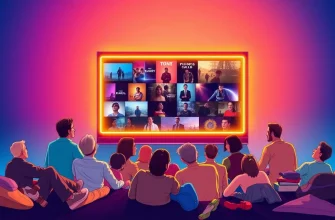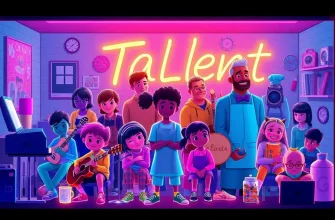In a world where entertainment often seeks to merely distract, there are films that invite us to ponder, reflect, and engage with deeper themes. This curated list of "Films for Reflection and Deep Thought" is designed for those who seek more than just a cinematic experience. Each film in this collection challenges viewers to think critically about life, morality, and the human condition, offering a rich tapestry of philosophical, ethical, and existential questions. Whether you're looking for a movie to spark discussion or simply to expand your horizons, these films provide a profound journey into the complexities of existence.
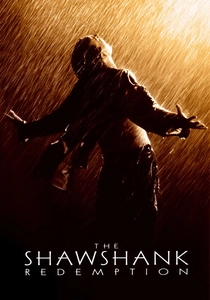
The Shawshank Redemption (1994)
Description: A story of hope, friendship, and the human spirit's resilience, this film invites reflection on themes of justice, redemption, and the passage of time.
Fact: Despite its initial box office failure, it has since become one of the most beloved films, often topping IMDb's Top 250 list.
 Watch Now
Watch Now
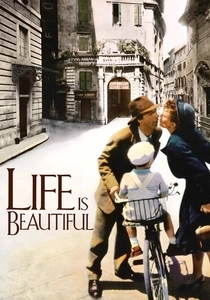
Life is Beautiful (1997)
Description: This Italian film uses humor and love to address the horrors of the Holocaust, prompting viewers to consider the power of perspective and the human capacity for resilience and hope.
Fact: It was the first non-English-language film to win the Academy Award for Best Foreign Language Film and Best Actor for Roberto Benigni.
 Watch Now
Watch Now

The Matrix (1999)
Description: This sci-fi classic raises questions about reality, free will, and the nature of existence, making it a staple for philosophical discussions about the simulation hypothesis and the nature of consciousness.
Fact: The film's concept was inspired by various philosophical works, including Plato's Allegory of the Cave. It has spawned a franchise with sequels and an animated series.
 Watch Now
Watch Now
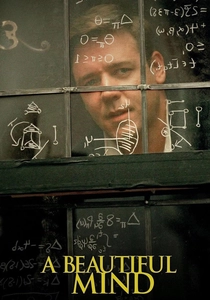
A Beautiful Mind (2001)
Description: Based on the life of John Nash, this film delves into the complexities of genius, mental illness, and the human mind's capacity for both brilliance and breakdown, prompting reflection on the nature of reality and perception.
Fact: The film's portrayal of schizophrenia was praised for its accuracy by mental health professionals. It won four Academy Awards, including Best Picture.
 Watch Now
Watch Now
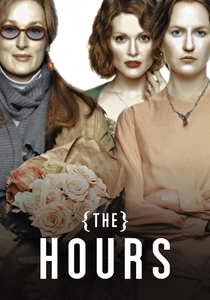
The Hours (2002)
Description: Interweaving the lives of three women across different time periods, this film delves into themes of mental health, identity, and the search for meaning in life.
Fact: It was nominated for nine Academy Awards, winning Best Actress for Nicole Kidman, who played Virginia Woolf.
 Watch Now
Watch Now
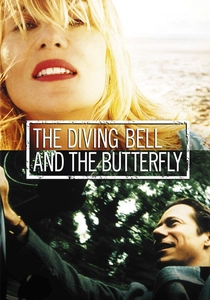
The Diving Bell and the Butterfly (2007)
Description: This French film tells the story of a man who, after a stroke, can only communicate by blinking one eye, offering profound insights into human resilience, communication, and the power of the mind.
Fact: The film was shot from the perspective of the main character, reflecting his limited field of vision.
 Watch Now
Watch Now
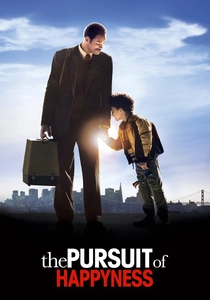
The Pursuit of Happyness (2006)
Description: Based on a true story, this film explores themes of perseverance, fatherhood, and the American Dream, encouraging reflection on what truly makes us happy.
Fact: Will Smith and his son Jaden played father and son in the film, mirroring their real-life relationship.
 Watch Now
Watch Now
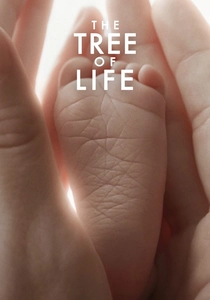
The Tree of Life (2011)
Description: This film explores the themes of existence, the nature of the universe, and the search for meaning in life through a deeply personal narrative. It's a visual and philosophical journey that invites viewers to reflect on their own lives.
Fact: The film was inspired by director Terrence Malick's own childhood memories. It won the Palme d'Or at the Cannes Film Festival.
 Watch Now
Watch Now

Her (2013)
Description: This film examines the future of human relationships with technology, exploring themes of loneliness, love, and the essence of human connection in a digital age.
Fact: Spike Jonze wrote the screenplay specifically for Joaquin Phoenix, who plays the lead role. The film won the Academy Award for Best Original Screenplay.
 Watch Now
Watch Now
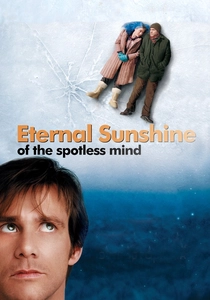
Eternal Sunshine of the Spotless Mind (2004)
Description: A unique exploration of memory, love, and identity, this film asks whether we would erase painful memories if given the chance, and what that would mean for our sense of self.
Fact: The film's title is derived from a line in Alexander Pope's poem "Eloisa to Abelard." It was nominated for two Academy Awards, winning for Best Original Screenplay.
 30 Days Free
30 Days Free


